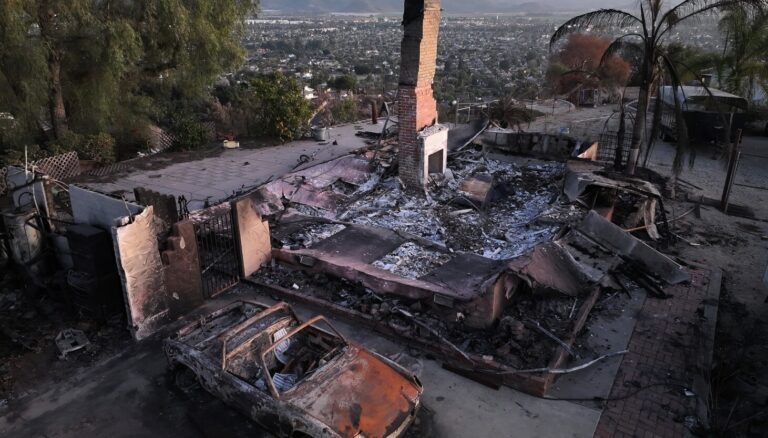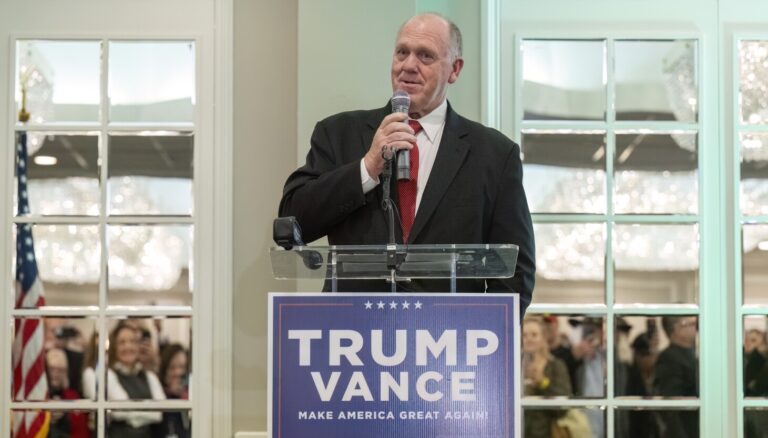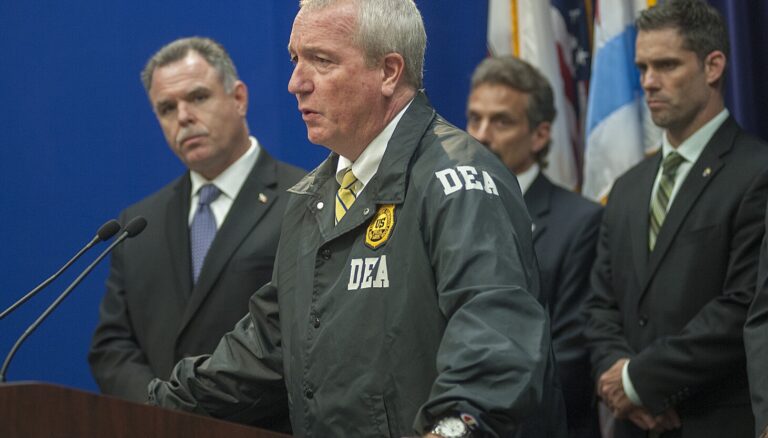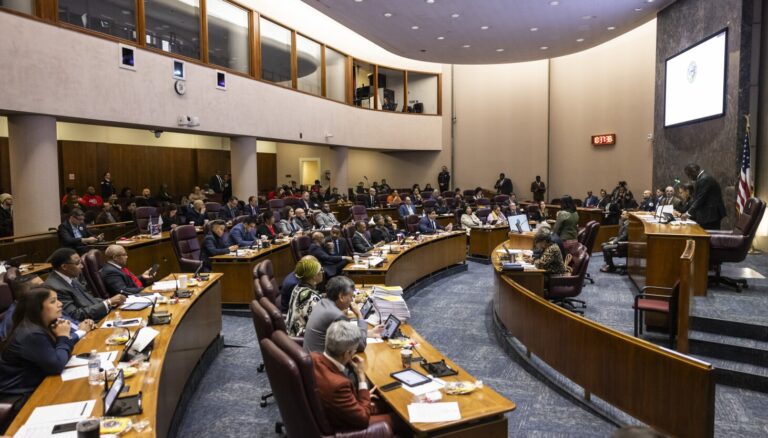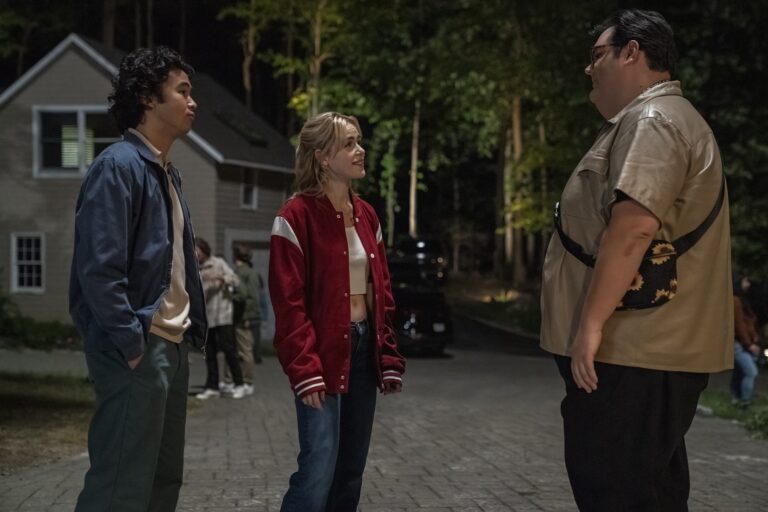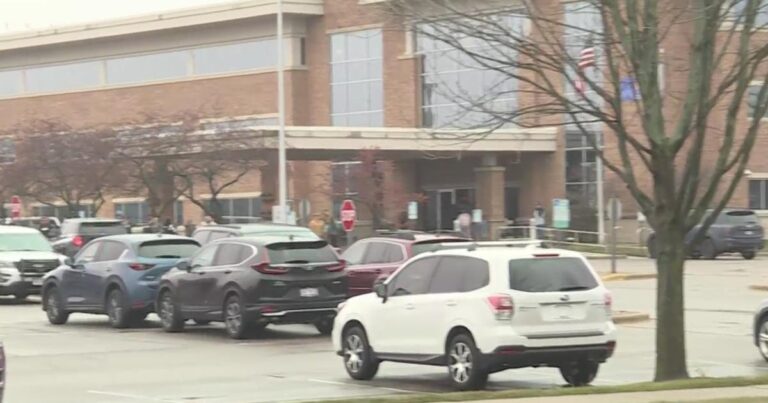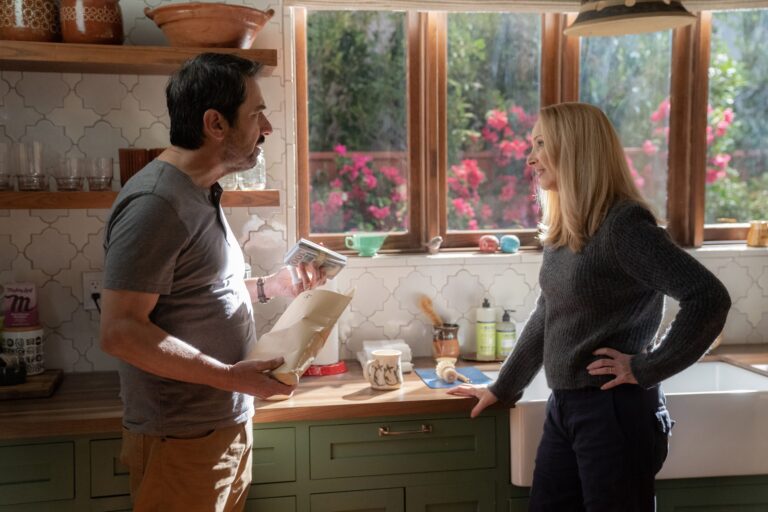Preparations are underway at Wrigley Field for what Steve Mayer, the NHL’s president of content and events, said earlier this month will be “one of the greatest Winter Classics of all time.”
It needs to be.
The Blackhawks’ misery and Blues’ mediocrity so far this season has hardly drummed up excitement for the league’s biggest annual in-season event, which is returning to Chicago for the third time and Wrigley for the second time (and the first since 2009) on New Year’s Eve.
That doesn’t mean tickets haven’t been selling, because they have. The cheapest resale tickets available Monday on Ticketmaster were listed for $275 (albeit down from $315 two weeks ago). Regardless of the teams involved, the Winter Classic is massive and beloved enough — and the Chicago hockey fan base is devoted enough — for plenty of people to want to attend.
From an entertainment standpoint, however, fans will need to count on the pageantry and atmosphere of the event to make up for the likely low-quality and definitely low-stakes hockey that will take place. The fact both teams have already fired coaches this season indicates a lot.
The Hawks are currently tied for last in the NHL at 10-19-2, and although they’ve shown more life since Anders Sorensen replaced Luke Richardson, they’re going nowhere this season. The Blues have also improved since hiring Jim Montgomery, but they’re still two points out of a playoff spot at 15-14-3, and a roughly .500 record looks about right for their roster.
It’s safe to say the two points awarded to the winning side won’t matter much. Then again, the Winter Classic has always been geared more toward celebrating hockey and creating a marvelous spectacle than toward maximizing the intensity of the competition.
“The sophistication of activation today — versus when it was first here — has changed dramatically for the fan experience,” NHL chief brand officer Brian Jennings said Dec. 5, coincidentally just hours before the Hawks announced Richardson’s dismissal.
“It’s about creating memories, right? It’s that generational pass that you have from father to son or a mother to daughter. … We discovered early on that even though it’s a two-point hockey game, the players, coaches and everybody realize that there’s so much more.”

The 2009 Winter Classic at Wrigley Field was a more bare-bones event.
The events and presentation surrounding the game have expanded to the extent they’ll be incomparable to 2009.
For five hours ahead of the 4 p.m. game, there will be a free-to-attend Winter Classic fan festival on Grace Street. For four days after the game, the rink will stay in place in order to host four Big Ten hockey games on Jan. 3 and 4. Inside Wrigley for the game itself, The Smashing Pumpkins and Chance The Rapper will perform.
Even the field design and rink layout will be quite a sight. An artificial frozen river will run from the infield to center field, splitting into two forks like the Chicago River underneath the rink itself while flanked by larger-than-life fake ivy. In left field, a small auxiliary rink will feature more on-ice entertainment. In right field, a New Year’s Eve party will take place.
The field and rink base construction began Monday, and the ice itself will begin being formed Dec. 21. It’ll all be ready in time for both teams’ outdoor practices Dec. 30.
Since this is the first time in the Winter Classic’s 16-year history that it’s being held on New Year’s Eve rather than New Year’s Day, that’s heavily emphasized in the design.
“There’s a lot of competition on New Year’s Day, and there was a point where New Year’s Eve had become a bit quiet in terms of the sports world,” Mayer said. “They decided if there was ever a time to move it a day and take advantage of the creative [opportunities] it brings, this would be the right time.”

